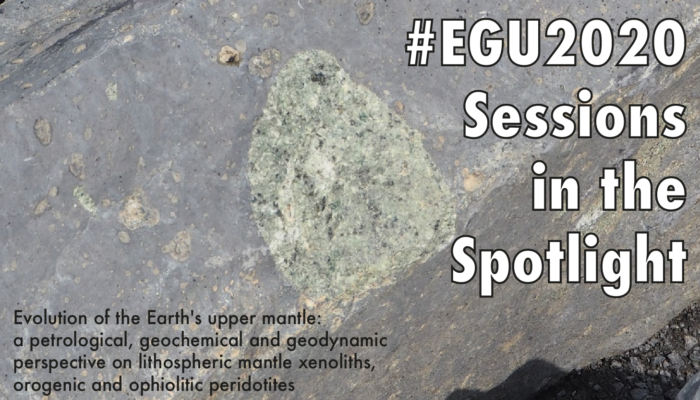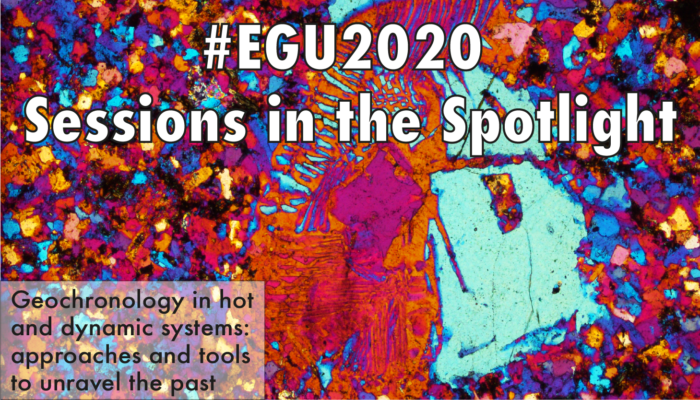One of the often underrated parts of a conference are the short-courses – these give us a way to spend some time learning a topic in detail. If you find that it’s tough to really digest information in a 15 minute talk, then the short courses are for you! Today we are highlighting a potentially useful (and lucrative) course about how to apply for Marie Skłodowska-Curie grants from the E ...[Read More]
#EGU2020 Sessions in the Spotlight: The Dynamics of Magmatic Plumbing Systems
The EGU 2020 abstract submissions are now open for the next two months! Every few days, we will highlight a geochemistry, mineralogy, petrology and/or volcanolgy session right here – great news if like me, you can’t make a decision in a restaurant whenever there are too many options (just like the session list), so you just choose the first thing you see… Today it’s the tur ...[Read More]
#EGU2020 Sessions in the Spotlight: Evolution of the Earth’s upper mantle: a petrological, geochemical and geodynamic perspective on lithospheric mantle xenoliths, orogenic and ophiolitic peridotites
The EGU 2020 abstract submissions are now open for the next two months! Every few days, we will highlight a geochemistry, mineralogy, petrology and/or volcanology session right here – great news if like me, you find choosing which session to submit to more difficult than choosing a decent movie on Netflix… Today it’s the turn of GMPV 4.4. Evolution of the Earth’s upper mant ...[Read More]
#EGU2020 Sessions in the Spotlight: Geochronology in hot and dynamic systems: approaches and tools to unravel the past
The EGU 2020 abstract submissions are now open for the next two months! Every few days, we will highlight a geochemistry, mineralogy, petrology and/or volcanology session right here – great news if you are paralysed by indecision or overwhelmed by the number of sessions. Today it’s the turn of GMPV1.7, “Geochronology in hot and dynamic systems: approaches and tools to unravel the ...[Read More]




